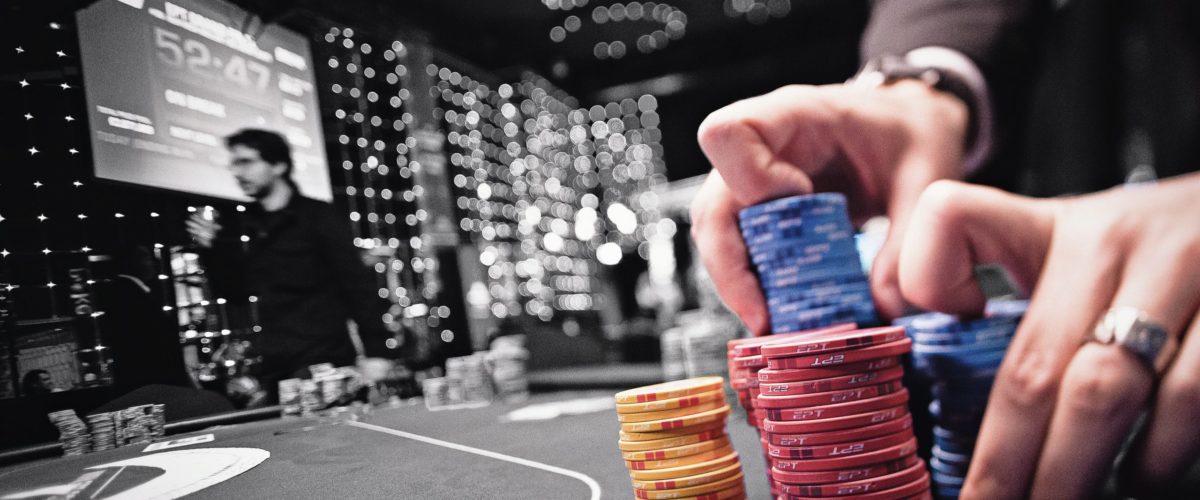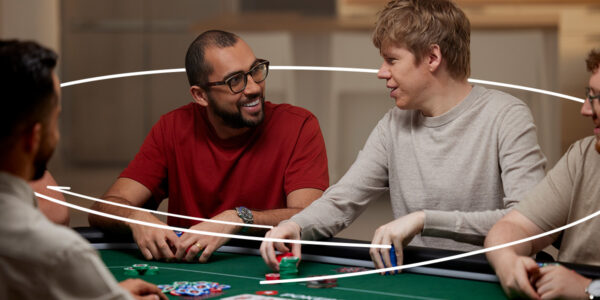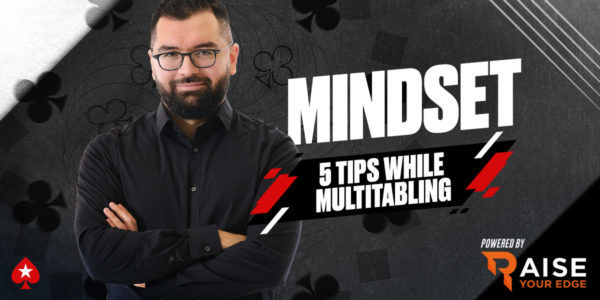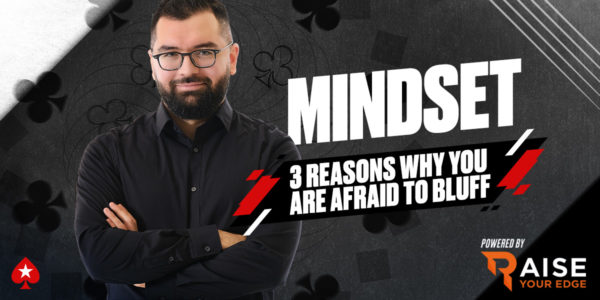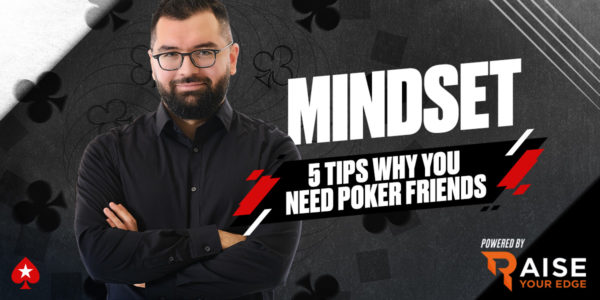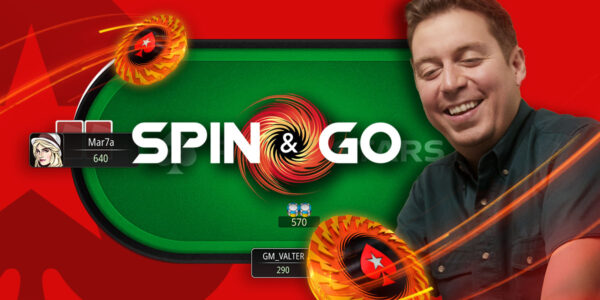Six Types of Tilter
In a recent interview, I was asked whether it is possible to become completely tilt free. I answered no – that the best we as humans could do is work slowly towards a state of mind where the impact of our mental game problems is minimised.
We all react in different ways to adversity in poker. In this article, we explore some of the different ways that different players handle bad stretches. We all tilt to some extent but understanding which of the following profiles you fit into could help you diagnose and improve your own tilt. The question is not whether we tilt. But how we do it, and how we reduce it.
1. The Outward Tilter
The outward tilter gets emotional quite quickly when things go wrong at the tables. They tend to project their own inner state back outward by shouting and cursing or slamming the table.
I am an outward tilter and we complain a lot when things go badly. The advantage to managing frustration in this way is that it allows you to vent and get rid of a lot of the pent-up stress. The disadvantage is that if you go too far down the path of the self-righteous tantrum, it can be hard to come back to normality. A quick outraged reaction to losing a big pot can be cathartic, but let the anger go on for too long or become too toxic, and it can snowball out of control.


The outward tilter needs to work on shortening the duration of their outbursts and installing a protocol for accepting the losses and returning to a logical thought process as soon as possible. Outward tilters tend not to suffer too badly from accumulated tilt. Outbursts are handy for channelling frustration through the vocal chords instead of through the all-in button. Toxic venting cannot become the norm however, or there is a danger of regressing into the permanently bitter sort of player who has forgotten what it is to think objectively or logically and blames everything else for his own shortcomings. More on him later.
2. The Inward Bottler
The inward bottler walks a precarious line between outward calm and inner meltdown. The less venting you do, the more toxic the storm that brews within. The inward bottler has made a habit of keeping their frustrations to themselves, probably in life as well as in poker.
The advantage to this style of tilt management is that calm remains the functioning state even during rough times. This makes it easier to keep your mood consistent for a session and stay in the flow of rational decision making. The problem with this style is that if we are not releasing frustration through venting, then something else has to give internally. This may come in the form of bad changes to your game like risk aversion or autopilot decision making.
The inward bottler is also at greater risk of a long-term meltdown that might lead to an extended break from poker and that will only slow progress in the long-term. Inward bottlers can benefit from journaling after a session about how they feel and coming to terms with how and why they had a losing day. The frustration must be processed one way or another or else it will build and build and cause many long-term negative consequences.
3. The Run-Away-er
The run-away-er stops playing poker when his internal threshold for distress has been breached.
Inward bottlers often regress into Run-Away-ers because they are experiencing too much negativity and have not processed any of it in a healthy way. They choose a flight response to managing the frustration of poor variance or poor play. Instead of facing up to the defects of their game and mindset, they might choose to take an extended break from the game. This inevitably leads to a return at some point, emotionally detoxed, but many steps behind where they would be technically, if they had simply hung in there and continued working away on their game.
4. The Chaser
The chaser prefers fight to flight. When things go badly, they are in danger of spiralling out of control.
They might move up in stakes or fire some tournaments way outside of their bankroll. Chasers might get away with it a few times but sooner or later, the act of playing marathon sessions or moving up in stakes to chase losses will end in the destruction of a hard earned bankroll and will lead to a lot of time and effort going to waste.
Chasing is not a negative frame of mind, but an overly anxious outlook dominated by desperation and hope. Instead of accepting losses, chasers seek to erase them as quickly as possible. The most important skill for a chaser to learn is how to accept a moderate losing day. These are inevitable, but the ten-hour binge session that follows is avoidable. Chasers need to stop trying to control things they cannot control.
5. The Blamer
The blamer’s defence mechanism is to pin the reasons for their poker demise on anything but themselves.
Blamers feel that luck is permanently against them in a fixed way; or that the other players are too bad to appreciate their fine play. A blamer’s opponent only wins because he’s stupid and lucky, never through skill. Blamers are constantly attached to a tragic monologue about the lack of justice in the game and how it is impossible to win when people hit four outers on them all the time. Many blamers are actually too tight as players because they live in permanent fear, only expecting and remembering bad outcomes. This leads to a narrow-minded obsession with how not to lose big pots. If you are always the victim, you can never relax enough to be rational.
Blamers are oblivious to the leaks in their game which constitute the real reason for their poor results. A blamer who refuses to change his ways is a lost cause, but it is possible for blamers to progress into outward tilters who can turn the outrage on and off again. Conversely, as we remarked earlier, permanent venting can turn an outward tilter into a blamer. There is a fine line to tread between these two types of tilter.
6. The Self-Berater
The opposite of the blamer is the self-berater – a player who is intolerant to the most minor mistakes in his game and tears himself apart when things go badly.
Although some of the responsibility to minimise losses during a downswing does fall on the player, much of the losses are often simply a result of variance. Self-beraters need to practice separating mistakes from bad luck and then to also separate avoidable mistakes from ones which are simply due to inexperience or lack of knowledge. Not only do we as poker players have to be acceptant of our errors, we have to learn to see them as positives.
We need to see what we do not know as an opportunity to learn and what we cannot apply as an opportunity to learn more fully.


